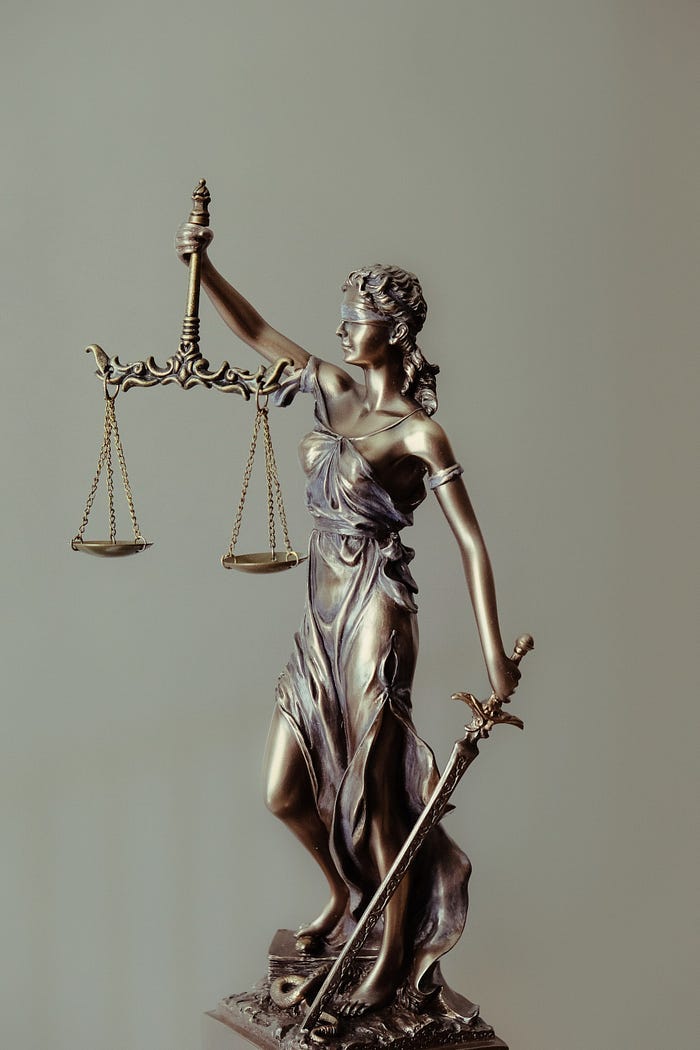I’m one of the few people I know that enjoy jury duty. It isn’t the civic duty aspect of it. I’ve always loved the law since growing up watching “Paper Chase” with John Housman. Being argumentative and detail-oriented, being a lawyer is a career I often wondered about having. I’ve served as a juror twice previously. Once was in Duval County, Florida (Jacksonville) on a Burglary/Grand Theft case with two co-defendants. I was made foreman of the jury, which excluding me, was all-white. The two defendants were white as well. Maybe I was selected as the foreman because I was well-groomed and wearing a suit which was my daily business attire.
Police testimony showed the pair had been under surveillance for some time. At the time of their arrests, one had quite a bit of stolen goods in his apartment; the other had none. Ultimately, we found the one with no stolen goods innocent of both charges. The other defendant was found innocent of burglary but guilty …
Keep reading with a 7-day free trial
Subscribe to William F. Spivey's History Channel to keep reading this post and get 7 days of free access to the full post archives.




